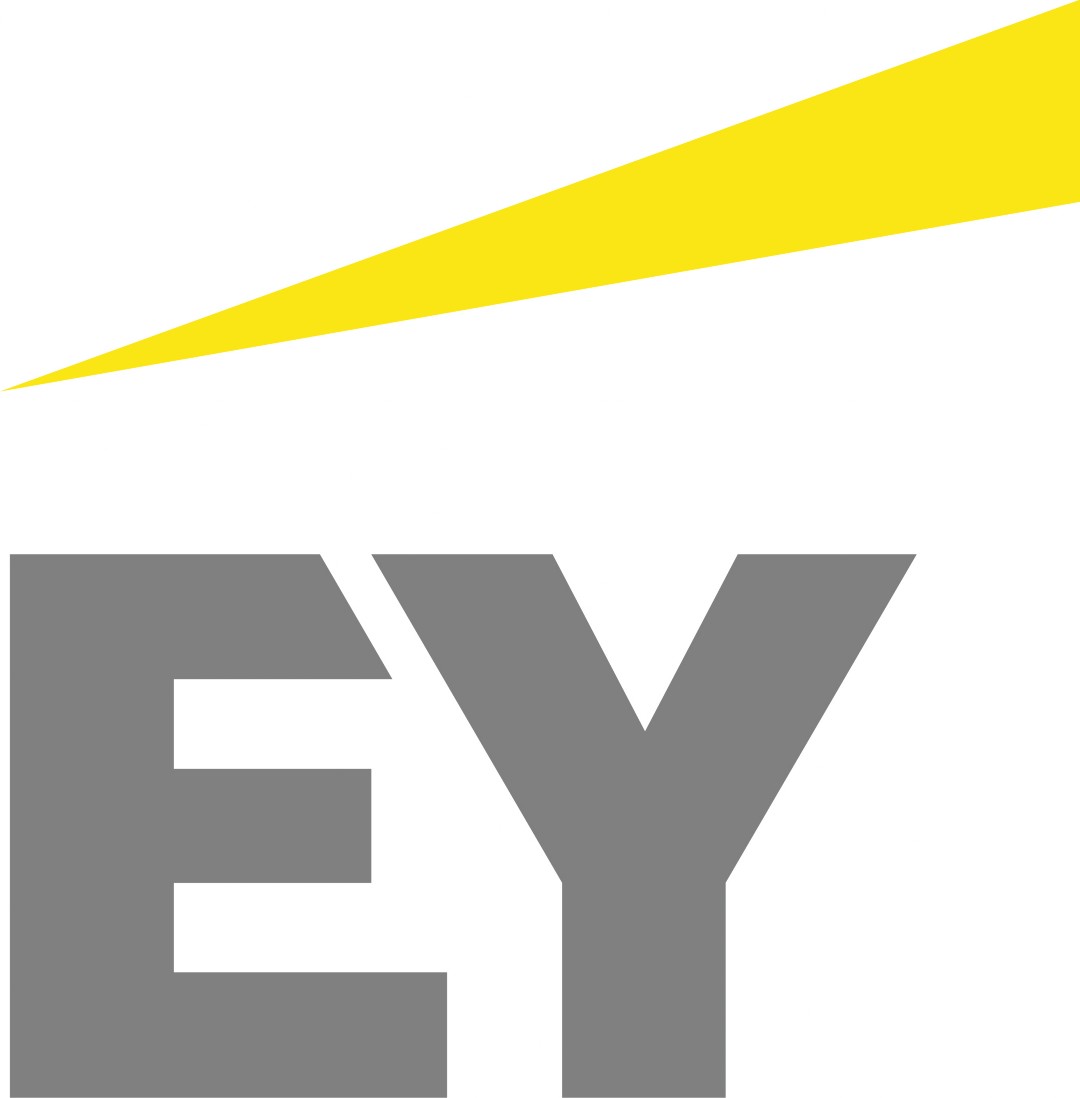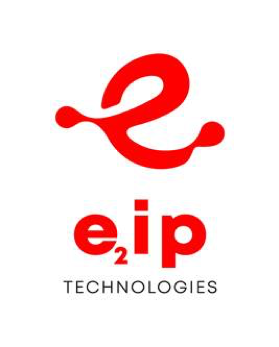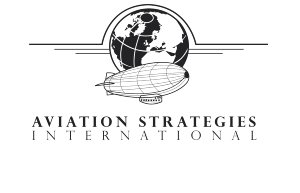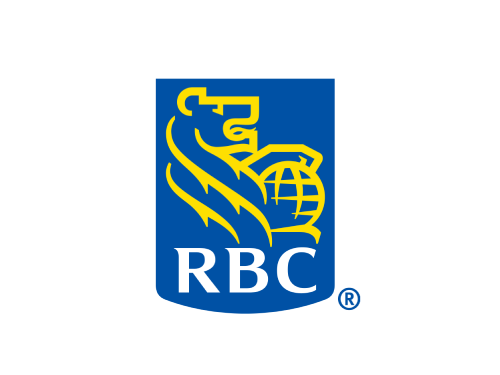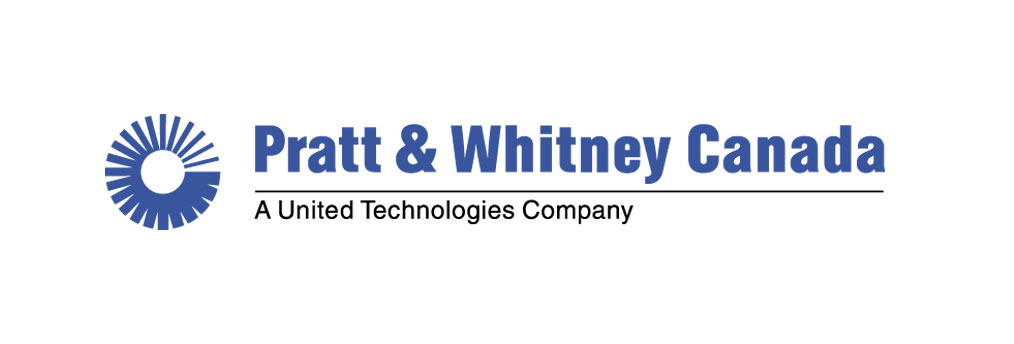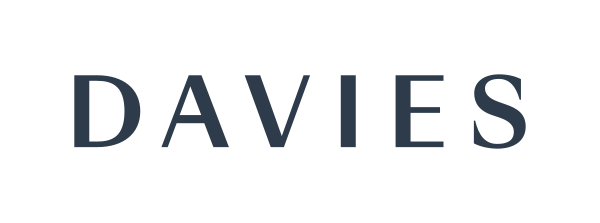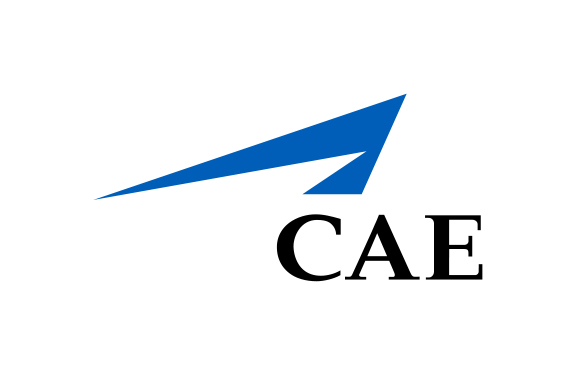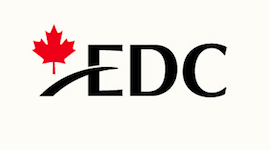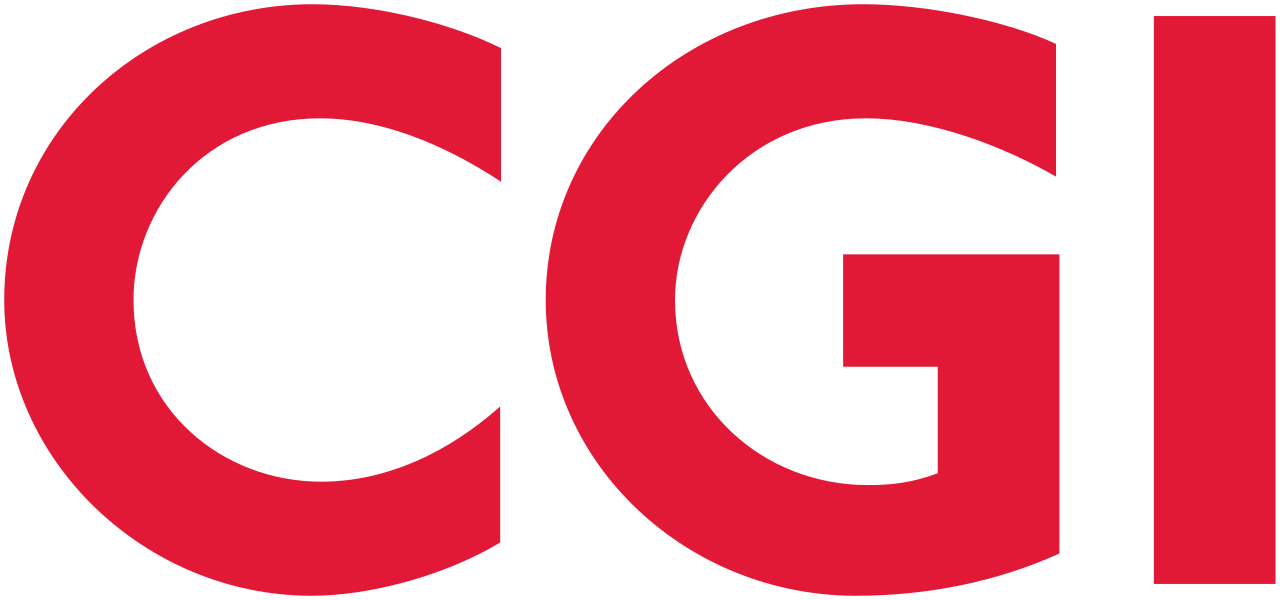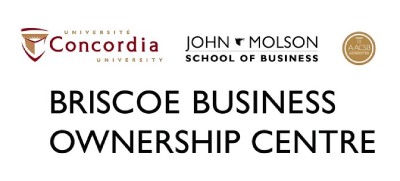Business games – MBA students prepare for battle
[img_assist|nid=802|title=|desc=Members of McGill University’s MBA team share a light moment yesterday. Front. row: Robert DelaCruz and professor Norman Keesal; standing from left: Derek Abramovitch, Karen Lee and Anton Anastasiades.|link=none|align=right|width=380|height=483]WARWICK
THE GAZETTE
Call it a reality check, a lesson in bridging the gap between academic theory and real-world business practice. This week, about 150 students are testing their business acumen at the 14th annual International MBA Case Competition, hosted by Concordia University.
Teams from 18 Canadian and 12 international universities are given a case study – an account of a company facing a particular problem – then have three hours to prepare an analysis and recommendations. The four-person teams have 25 minutes to present their findings before a panel of judges. The three top-ranking teams receive prizes ranging from $2,000 to $4,000.
The event is organized by three second-year Concordia MBA students, with the help of 60 volunteers. Students raise the funds – the operating budget is more than $ 120,000 – and convince local business people to serve as judges.
Fresh from her second presentation, McGill student Karen Lee, 26, said the competition challenges students to think quickly and clearly. “We have to remember that the judges aren’t academics. They want common business answers, not jargon.”
Lee wouldn’t talk about her team’s strategy, but said that teams review the day’s performance with their coach, a professor from their university.
Concordia’s coach, professor Jan Meyers, called the competition “one of the closest simulations of real-world situations.” Students’ analytical skills count, he said, but so does the ability to think on their feet and “stick up for their own convictions.” During one presentation, a judge, playing the role of a company president, demanded to know if he was the best person to lead the company.
From student reactions, none had thought about removing the president and were surprised at the question. Bringing together students from universities as far away as New Zealand and Finland gives them an important, inter- national perspective, said Louis Hebert, the event’s academic supervisor. He noted that the cases are not just about Canadian companies, so students learn to grapple with cultural differences. Hans Peyrot Raab, 29, a student from Mexico’s Instituto Panamericano de Alta Direcci6n de Empressa, said real differences existed in the approaches taken by his team and the Canadian teams.
Canadian students, he said, emphasized that they, being consultants, brought an outsider’s point of view. In contrast, Raab said, his team always tried to emphasize that they understood the firm from the inside, meaning from the president or director’s point of view.

